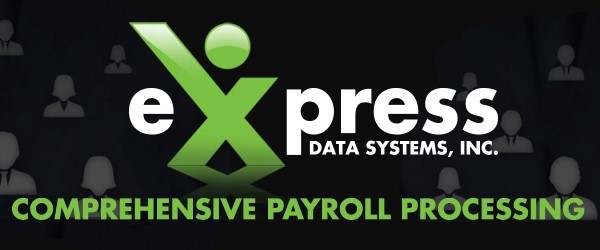Jan 11, 2023

As explained on the official government health care site, the law has three goals:
The law affects both individuals and companies. For example, according to Healthcare.gov, the law:
Healthcare.gov, the law:
Business rules and benefits
As noted on the IRS site, small companies — typically those with fewer than 50 employees — can purchase insurance through the Small Business Health Options Program.
Such companies:
Companies may be eligible for the Small Business Health Care Tax Credit if they cover at least 50% of their full-time employees' premium costs and have fewer than 25 full-time equivalent employees.
Larger employees, based on their size, may also be able to purchase insurance through SHOP. And they must either offer affordable minimum essential coverage that provides minimum value to their full-time employees (and offer coverage to the full-time employees' dependents) or potentially owe an employer shared responsibility payment.
The latest updates
In mid-2022, the IRS announced annual adjustments to the ACA. According to the Society for Human Resource Management, the "2023 health plan affordability threshold—used to determine if an employer's lowest-premium health plan meets the Affordable Care Act's (ACA's) affordability requirement—will be 9.12 percent of an employee's 'household income,' down from the 2022 limit of 9.61 percent."
As explained in the ACA Times, this means that "employers extending health plans to their ACA full-time workforce beginning January 1, 2023, must ensure the contribution amount is no more than 9.12% of their household income."
Of course, this is just an introduction to a complex series of provisions. Whether you have questions about yourself or a company you manage, work with qualified tax and legal experts to make sure you are following the ACA's provisions — and getting everything you're entitled to.
©2023